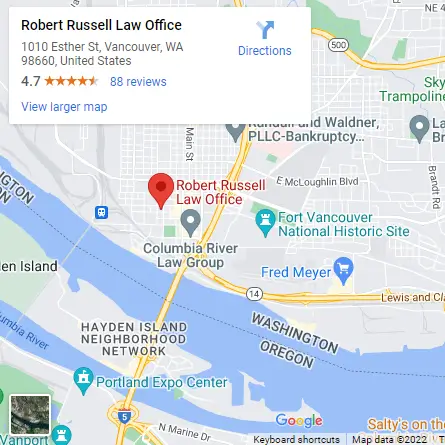Why Put Your Estate in a Trust
People who want their loved ones to avoid probate when they pass away often look into putting their estates into revocable and irrevocable living trusts. In general, drafting and creating a trust can also help make things simpler for you, your family members, and other heirs.
Aside from avoiding probate proceedings, setting up an adequately funded trust can help lessen the chances of estate tax problems. This is important since estate taxes are often quite significant. However, to ensure that you are dealing with this legal document correctly, it is best to consult with a credible Vancouver estate planning lawyer before proceeding with trust and estate planning.
This article aims to give an overview of putting estates into trusts and why it can be an all for people working on their estate plan. This is divided into four brief parts. These are:
- Basics of living trusts and estate planning documents
- Basics of irrevocable trusts
- Basics of revocable trusts
- Putting your estate in a living trust
- Getting legal help from dedicated Vancouver estate planning attorneys
…
Basics of Living Trusts and Estate Planning Documents
Trust documents enable a trustor to instruct a trusted family member, loved one, or other entity on what you want to happen with your estate assets. They help ensure that estate assets and the would-be inheritance of the decedent’s surviving spouse, children, and grandchildren will not be probated after death. This means that trust beneficiaries will no longer have to worry about probate costs.
There are two main classifications of trust documents in Vancouver. In particular, through a living trust, grantors can appoint trustees who shall manage and administer trust assets, both before and when you die. This is in contrast to a testamentary trust which, on the other hand, is created through the last will and testament of the deceased person.
…
Basics of Irrevocable Trusts
Under relevant state law, there are several types of trusts that one can use as an estate planning tool. A grantor establishing a trust and appointing a trustee, for instance, may choose an irrevocable living trust for transferring and distributing property.
When a person creates a trust, any bank account, personal property, or real property held in trust is transferred out of the name of the trust maker into the name of the trust. Beneficiaries of the trust can be spared from going through probate court when you pass away. However, from the name itself, one generally cannot revoke an ‘irrevocable’ estate planning document.
If you opt to establish an irrevocable trust, you will not be able to change, alter, or cancel it once it is set up. In addition to this, you will generally not control what will happen to trust property. This is why most people opt for a revocable living trust unless certain circumstances would make irrevocability work to your advantage. This is where knowledgeable Vancouver estate planning lawyers can help.
…
Basics of Revocable Trusts
In contrast to the above, a revocable living trust you create may be amended or revoked throughout the remainder of the time you are still alive. You may register future assets, and changes may be implemented, which may be necessary for a divorce, remarriage, or when a new child is born. Trust records and books may be adjusted when necessary.
When you set up a revocable trust, the income of estate assets, although taxable, will not be transferred to any beneficiary of a trust during your lifetime. They remain yours until you die, and your trust estate can keep on growing. Additionally, in case of incapacity, a trustee could make decisions for you even without a durable power of attorney. However, more involvement from you may be necessary, depending on the specifics of the trust document.
…
Putting Your Estate in a Living Trust
If you created an irrevocable trust, there is increased asset protection for the property in trust accounts. This is especially true for those who wish to avoid dealing with creditors and creditor lawsuits. Meanwhile, if you decide to create a revocable trust, a trust protector may be able to modify it if the original goals of the estate plan have changed or no longer match your needs and circumstances. In addition to these, because accounts and property in a trust account are no longer included in one’s estate, you will likely reduce your personal tax liability.
…
Getting Legal Help from Reliable Vancouver Estate Planning Attorneys
Consult with a professional from a reliable Vancouver estate planning law firm to learn more about asset protection in light of different types of trust. Call us at Robert Russell Law Office (360) 882-8990 and consult with a competent Vancouver estate planning attorney knowledgeable with irrevocable and revocable living trusts.







